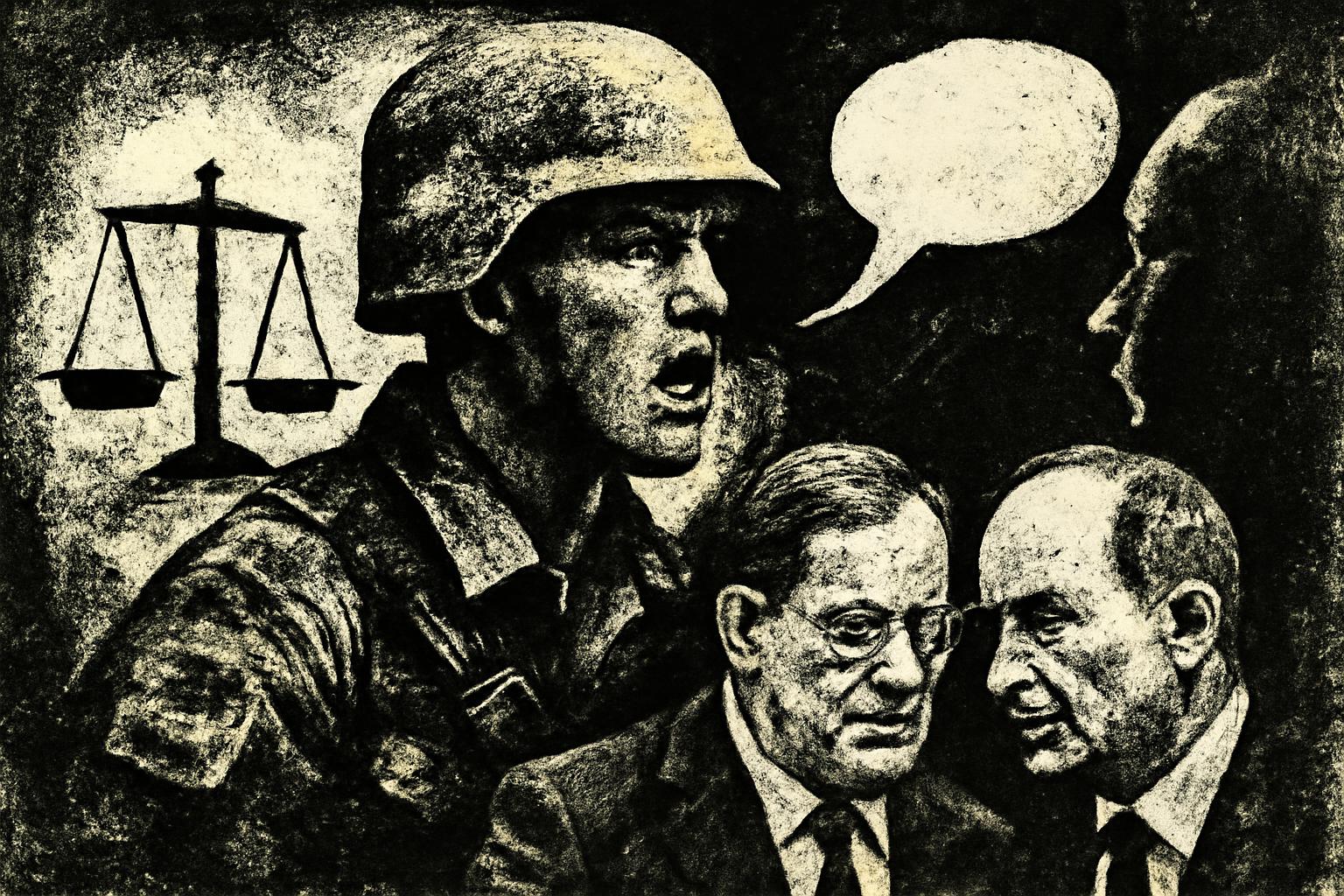Germany’s governing blocs are sparring over a new Wehrdienstgesetz. The CDU/CSU fault the current welfare state as unaffordable and press for a tougher stance, nudging the SPD toward reforms like wealth or inheritance taxes. The center of gravity is a draft military service bill pushed by SPD Defence Minister Boris Pistorius that keeps service voluntary rather than reinstating conscription. After a late-night huddle with state secretaries, the coalition says a draft agreement is ready and will go to the cabinet, with Merz backing Pistorius and warning that if numbers aren’t met, more steps will be taken. Some in the Union aren’t done, still pushing for firm quotas or a framing that would pave the way back to the old Wehrpflicht. The debate harks back to Peter Struck’s line that no law leaves the Bundestag as it entered, signaling more compromises as the bill winds its way through parliament.
This is a goddamn theatre of smoke and mirrors. They pretend it’s about choice and “voluntariness” while writing the script for a future army you’ll be nudged into by bureaucratic leverage and crisis-hot rhetoric. Merz salivates at the idea of a tougher CDU line, using the line about the welfare state being unaffordable as if that’s a fatal flaw in democracy instead of a card to play in a power game. The CDU/CSU want to trap SPD with the inherited taxes talk, squeeze the middle class, and pretend they’re saving the republic from itself. And Pistorius—God bless him for saying voluntary service—knows perfectly well that a government with a backbone can always twist voluntariness into “we simply don’t have enough volunteers,” followed by “therefore we must reintroduce conscription by another name.” It’s the classic bureaucratic pivot: if the numbers don’t add up, redefine the problem until the solution looks like what you wanted all along.
And the Union isn’t merely disagreeing with the SPD; they’re laying groundwork to claim a mandate they’ll masquerade as “reform” while the state quietly expands control over the next generation. The Struck line isn’t a philosophy—it’s a loophole-respecter’s creed: bargain, wheel, and deal until the bill passes, then tell the country it’s “for reform.” The “Autumn of Reforms” sounds grand, but it’s really an autumn of reshuffling who pays, who serves, and who stays out of the crosshairs of a more centralized power. If they can’t meet a numeric target, they’ll spin it as necessity; if they can, they’ll drag the army into a role it wasn’t meant to be, while the electorate gets sold a story about freedom and duty that doubles as a blueprint for state control. Mark my words: the real victory won’t be soldiers in the field, but the politicians who can keep them under a compass of loyalty while pretending it was all about reform and choice.
